Afro hair proves to be a celebratory aspect of the Black experience
For many Black people, hair is not merely hair – It can be something much more complex, experimental, or even cause for introspection. It can also inform external relationships, influencing their school or workplace experiences. For Black students at Hill, some far away from home, this relationship becomes something different.
A distinct characteristic of different types of Black hair is its diversity of hairstyles.
“I’m really proud about my hair because you can do so many things with it,” Carmelita Robinson ’23 said. Robinson is the co-president of the Women of Color Association, with co-president Ashely Espinosa ’23. “You can curl your own hair, you can wear a wig, you can wear braids, you can twist it, and a whole bunch of things that a lot of people can’t.”
For practical reasons, however, the breadth of styles becomes somewhat limited on campus. Most choose to wear their hair in braided hairstyles for its longevity and low maintenance.
“Usually, especially after long breaks, I come back in braids or protective styles so it can last pretty long, it usually lasts from like three to four weeks,” Robinson said. “I usually have braids of some kind, or locks, which are really popular now.”
Dami Kehinde, a third former, echoes this feeling, saying, “I like to have my hair braided out at all times. I hate when it’s the moment that I have to take out my braids.”
But in some environments, Black students can feel pressured to wear their hair in a certain way that people with other hair types may not understand. Though the term is relatively new, blatant discrimination and subtle microaggressions have informed the way Black people carry their hair for a long time.
Kehinde shared her experience with this, saying that she’s been faced with questions such as “Can I touch it?” by peers when she removes her braids, a sentence other Black people might’ve heard some time in their lives.
Then there’s the common misconceptions that are primarily attributed to a lack of understanding or experience with different hair types. One example is whether braids are a person’s real hair or not. Often, long braids or locks are from hair extensions which benefit Black hair.
“Just because we add hair into our hair does not mean that we don’t have hair. It’s just what we like and it’s easier to maintain,” Robinson said.
Another recurring misconception concerns washing hair. Hair washing habits are dependent on the individual, but certain types of curly, or “Type 4,” hair do not need daily cleanses.
“One thing that I’d like to clarify is that it’s not dirty if you don’t wash your hair every day because your hair carries a lot of oils.” Robinson said. “So if you put oil in your hair in the morning then wash it every single night, then it cancels out. Me not washing my hair every single day is a choice, but it’s also a necessity to help my hair grow.”
In June 2019, California became the first state to pass the CROWN Act (Create a Respectful and Open Workplace for Natural Hair), which outlaws racial discrimination based on natural hair. The CROWN Act has not been filed nor passed here in the state of Pennsylvania (it is law only in Philadelphia and Pittsburgh).
“Them not understanding isn’t the issue, it’s us feeling othered or singled out because of our different styles. Or people pointing it out in a way where it feels like we’re on display in a museum. Or sometimes, we just don’t want to be bothered,” said Firestone Endowment Chaplain Rev. Khristi Adams.
Despite, or perhaps because, of these challenges, Black hair care has become a journey of self discovery.
Adams said, “I recently got sisterlocks back in November, so I am on my sisterlocks journey. I’m just really excited to get to know my hair in a very different way. It’s very much a part of who I am. It’s the start of a new journey and very much reflects where I am in life.”
Robinson has her own braiding and styling service, which began during the summer of 2020. She does it both for the benefit of being able to do your own hair and for the fun of it while she learns more about her hair in the process.
“I started it because during quarantine, I was really fascinated with trying new things with my hair,” Robinson said. “I’d think ‘this is really cute, I want to do it,’ but I couldn’t go to the hair salon – Covid. So I just learned to do things myself. Also, I grew up in a hair salon. My aunt’s a hairstylist and my mom also helped out, so it’s kind of in my blood. I practice on my mom and I continue to practice. I even have a mannequin head in my room.”
“It’s a beautiful journey and can be a wonderful experience when you embrace it, to really accept who you are and what you’ve been given and the uniqueness of Black women’s experience because of our textured, various different styles and degrees of hair,” Adams said.



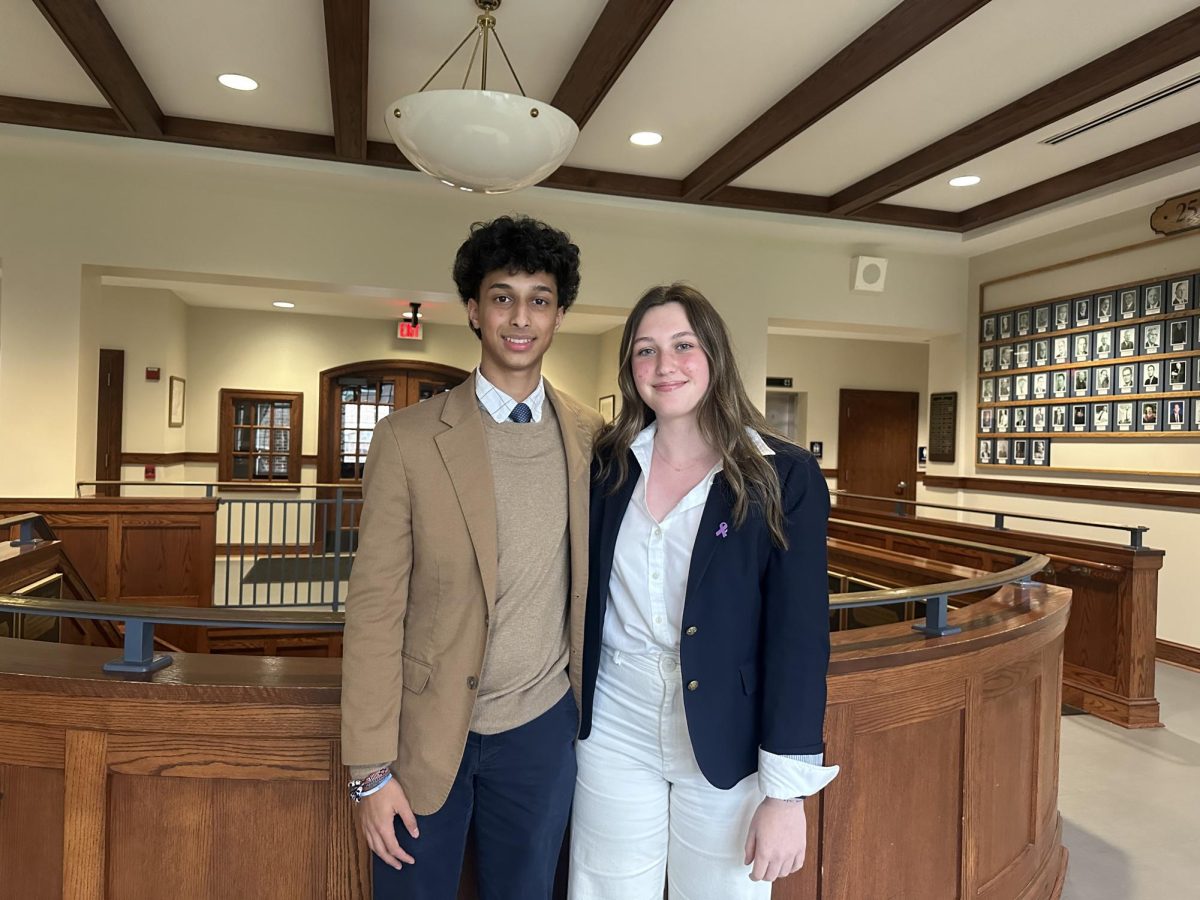









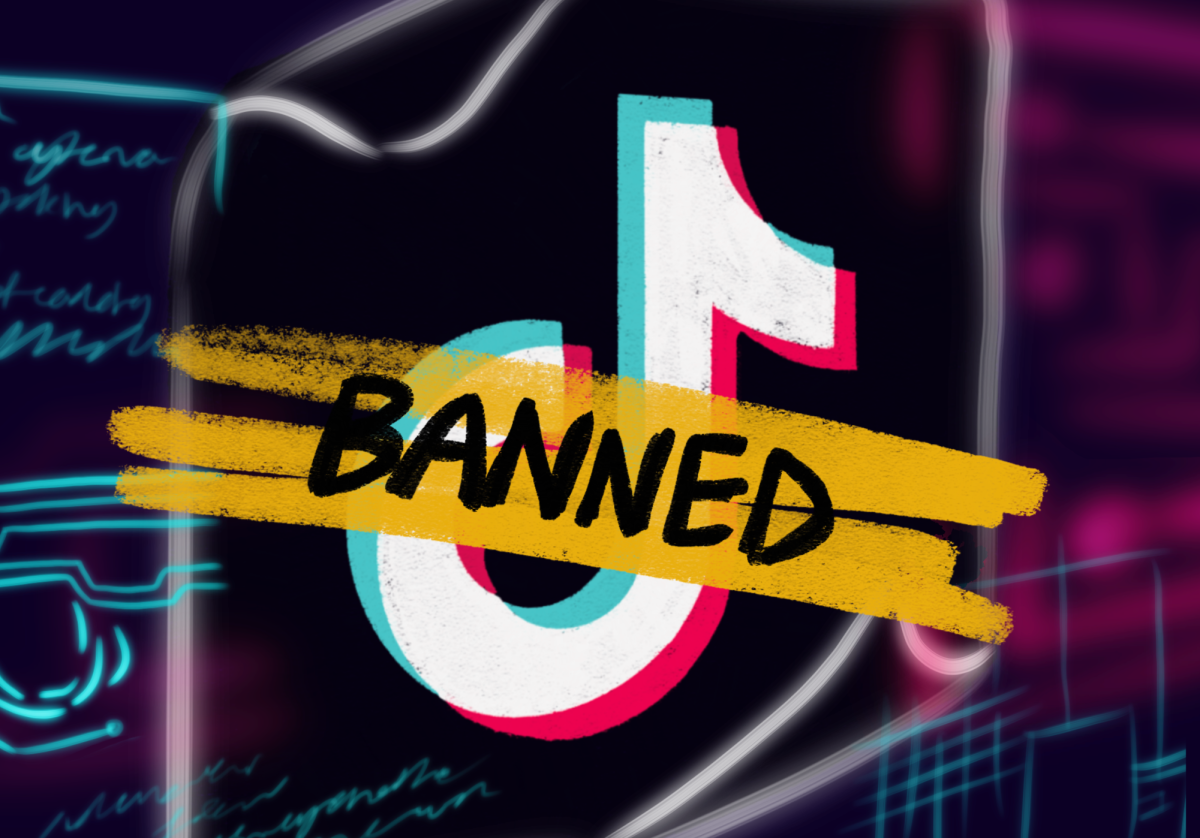
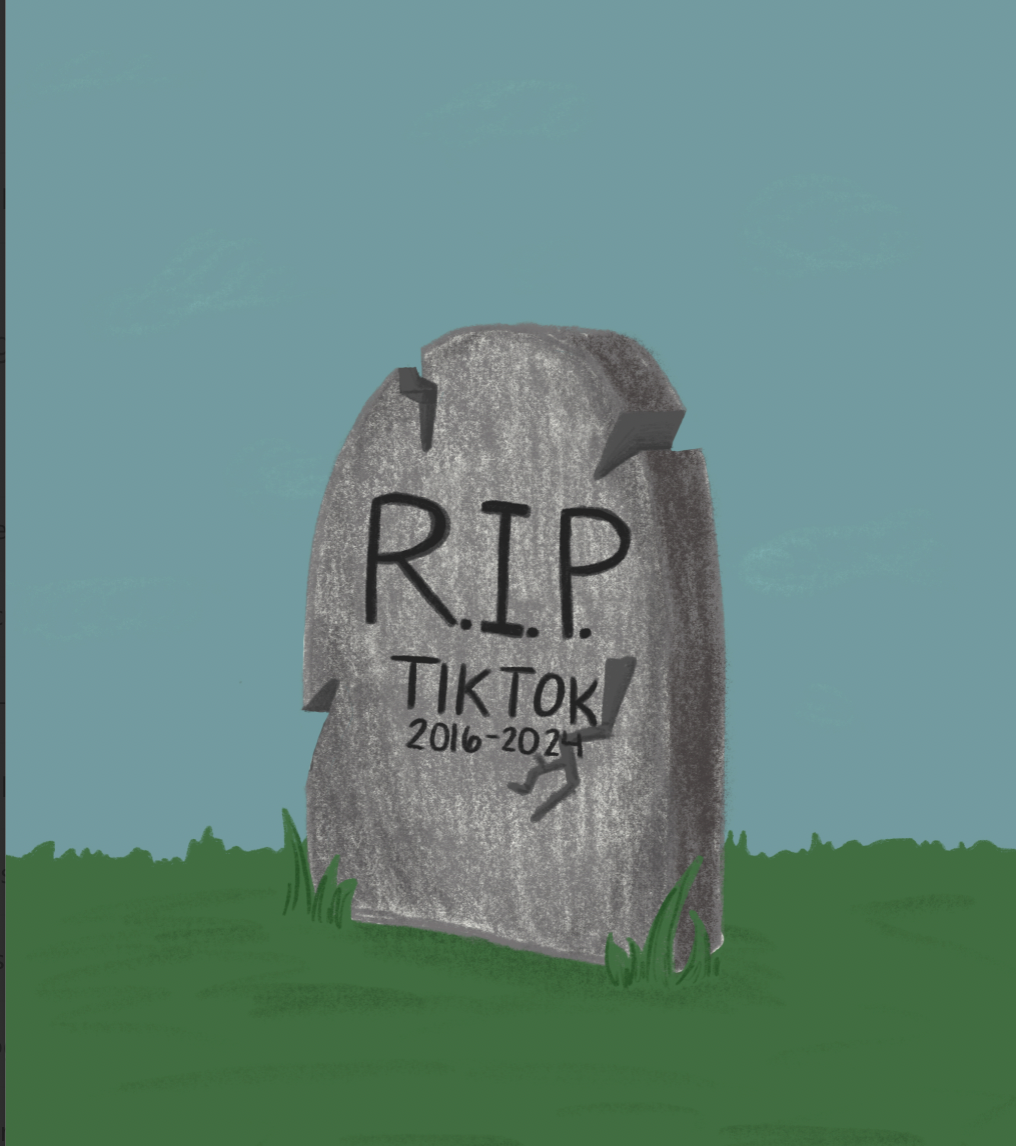












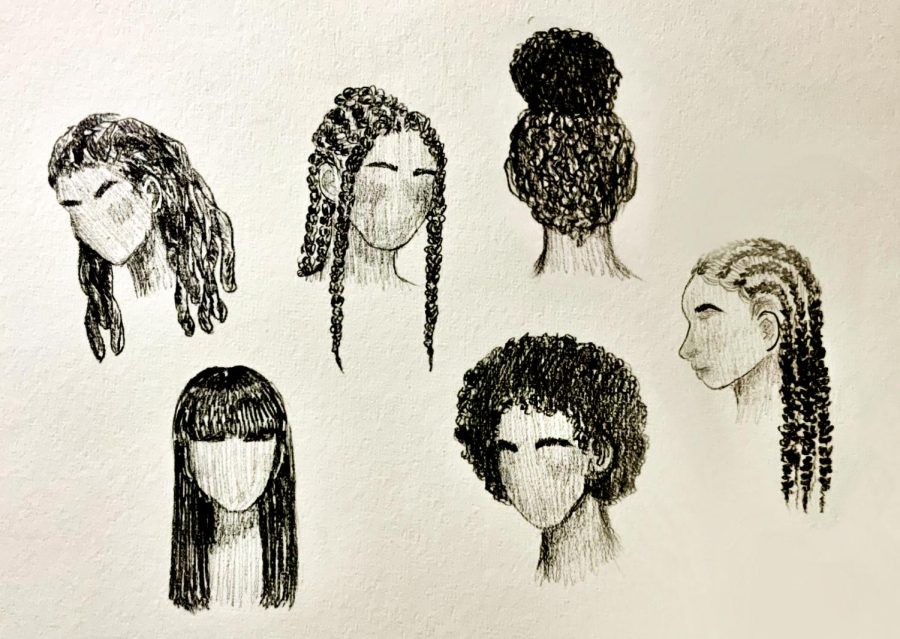
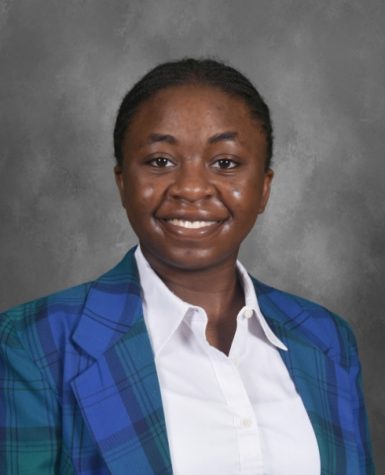
MoniYah Person • Mar 3, 2022 at 7:58 pm
This is one of my favorite articles written on The Hill News platform. I feel as though Black women’s hair is not discussed and this article can lead to genuine interest and discussion. I feel as though many people may have genuine questions and this answers a lot of them. Great article Olivia!